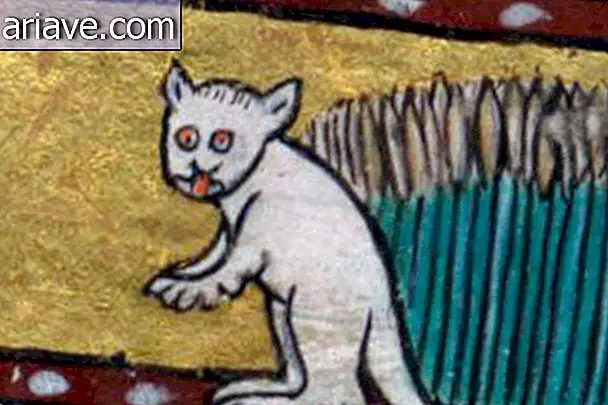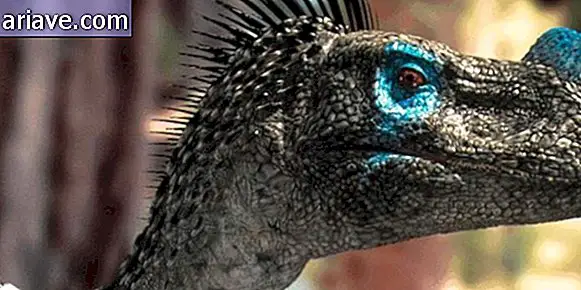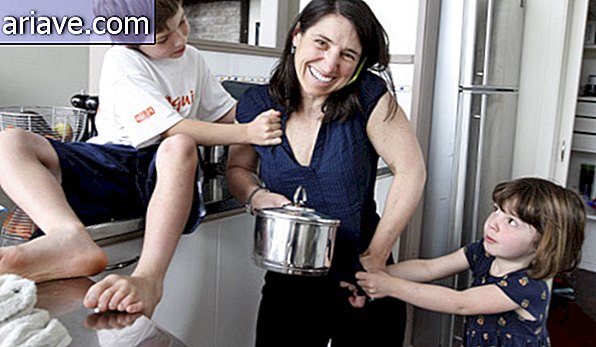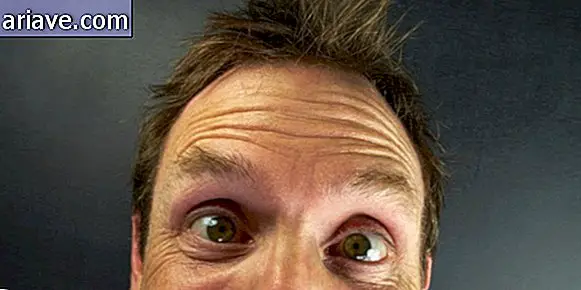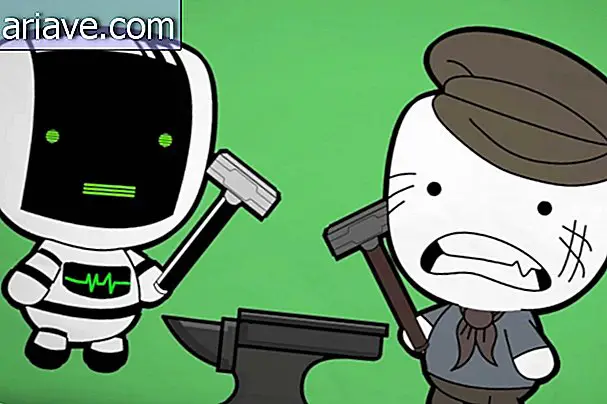Alternative Cancer Treatments Increase Chances of Death
Getting a cancer diagnosis is not a pleasant thing, and we all know that. One of the setbacks related to the treatment of the disease is undoubtedly the intensity of methods such as chemotherapy, which has complex side effects.
Contrary to surgery, chemotherapy and radiotherapy, alternative methods are emerging to treat the most diverse types of cancer, but one must keep in mind the effectiveness of such treatments, which has not been proven.
A recent publication in the New Scientist released results of a study on the subject. The research, conducted by Skyler Johnson of the Yale School of Medicine, found that alternative cancer treatments double the chances of the patient dying.
Johnson's team evaluated 281 people diagnosed with breast, prostate, lung and colorectal cancer. All of these patients opted for unconventional treatments, avoiding chemotherapy, radiotherapy and surgery.
Comparisons
According to Johnson, these alternative treatments involve herbal preparations, botanicals, homeopathy, special diets, and the use of energy crystals. The team then compared the action of these methods with the treatments performed by 560 patients with the same diseases and age group - the difference being that they agreed to undergo the treatments recommended by doctors.
Analysis results revealed that prostate cancer patients who opted for alternative treatments were 2.5 times more likely to die within 5 years of diagnosis. Johnson explains that this particular rate is low among these patients because of this particular type of disease, which takes much longer to become life threatening.
People who opted for alternative methods of treating breast cancer were 5.68 more likely to die within 5 years. Patients who underwent traditional methods of treating lung cancer were 41 percent more likely to survive within 5 years - the rate dropped to 20 percent among those taking alternative treatments.
Controversy
The researchers also explained that many patients treated with alternative methods eventually survive because, after a while, they agree to undergo conventional treatments for the disease, realizing that their cancer has progressed.
Oncologist John Bridgewater explains that many of his patients decide to make dietary changes to treat the disease, but he says there is no proof that it works.
The survey also found that people undergoing alternative treatments were richer and with higher levels of education. Moreover, in the US there is no free treatment for the disease, and only those with high financial conditions can afford the costs.
Interestingly, these rich people often end up paying more for alternative treatments and their specific diets than for chemotherapy or radiology sessions.


